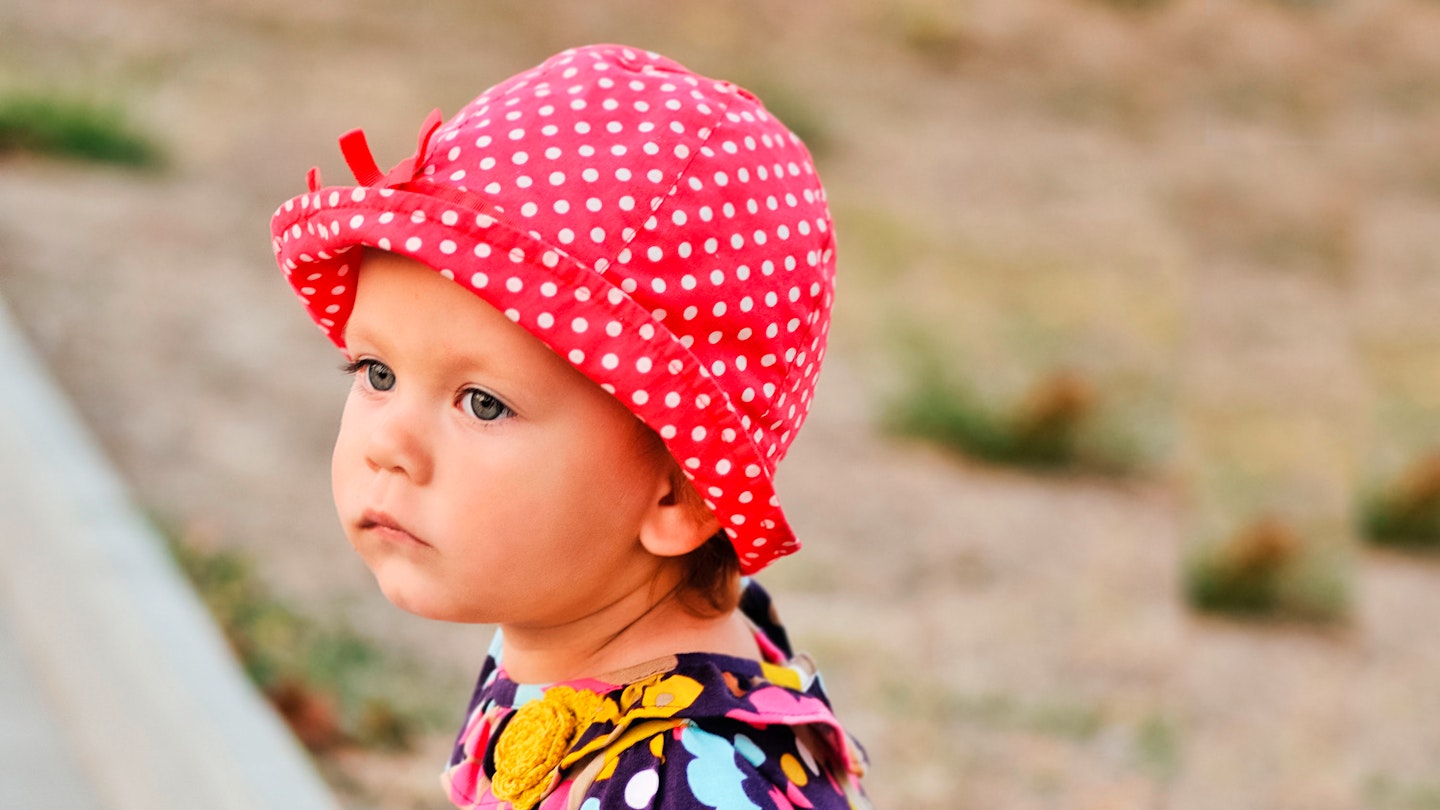What is free play?
‘Free play is play that is not directed or organised by an adult and is away from electronic devices,’ says author Liat Hughes Joshi.
‘It’s play that lets children use their imagination and things around them – be it toys or a cardboard box – to have fun and to explore what they want to in the way they want to, within safe limits.’
Why it’s important to get bored
Little ones are increasingly leading far-from-little lives. Between beginners’ ballet, messy play and baby swim club, there’s barely chance for a quick nap.
And what of the dwindling hours spent at home? Discount the time taken up by essential tasks, vital moments playing with you, and the more-than-you’ll-admit CBeebies minutes, and your tot likely has little downtime. And that means she could be missing out.
‘Free time leads to unstructured play, which is extremely valuable,’ explains Liat. ‘Children, like adults, need time to relax and reflect on what’s going on in their lives. They can’t do that if they’re too busy.’
Learning to occupy herself is a vital stop on the long road your tot must travel to independence.
Unstructured play has many other benefits. Learning to occupy herself is a vital stop on the long road your tot must travel to independence. On that journey, she’ll gain many key life skills. The realisation that she can, if she’s bored, find something to do herself develops self-reliance. She’ll gain the confidence to follow her curiosity, the creativity she needs to begin a game, and the imagination and concentration to stick with it.
‘Don’t underestimate what that time spent pottering about and investigating whatever she happens to pull out of the toy cupboard brings,’ says Liat. ‘On the face of it, she’s doing nothing. But she’s learning on a huge scale.’
But to get all those benefits, you have to allow your little one to get bored. ‘In some ways it’s way easier to not let our children get bored,’ says Liat. A bored baby who hasn’t learnt to play independently will be needy for your attention. A tot who does play independently will leave a messy trail in her wake. ‘You need to accept this for now,’ says Liat. ‘Keep in mind that, when she’s a little older, it’ll be easier to teach her how to tidy up than to teach her to play independently.’
5 steps to independent play
-
Not all toddlers are naturally imaginative. Play with her and teach her how to play creatively. For example, say, ‘what can we build with these blocks?’, ‘shall we sort the blocks into colours?’, ‘how long a line can we make with the blocks?’. Help her to complete the tasks.
-
Then take a step back. Set your toddler playing and stay in the same room and talk to her, but don’t play yourself. For example, say, ‘what can you build with these blocks?’, ‘is it a caterpillar?’, ‘that’s great!’.
-
The next step is to encourage her to think creatively for herself. Say, ‘what are you going to do with the blocks next?’.
-
As your toddler gets more focused on her play, rather than you, leave her to play alone for short periods, choosing a moment when she’s engrossed to leave the room for a moment or two. To start with, make sure you return before she misses you, and praise her clever ideas.
-
Regularly leave a pile of safe objects for your toddler to play with in the middle of a room she’s not already in. A pile of half-sorted washing or a few cardboard tubes from the recycling is fine. Don’t alert your toddler to it, but let her find it of her own accord. She’ll naturally follow her curiosity and investigate.
